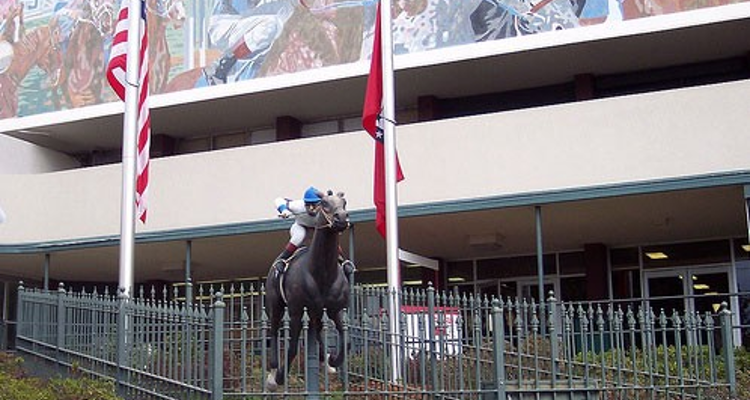The effort to bring casinos to three counties in Arkansas is reportedly being opposed to the tune of more than $100,000 by the owners of the southern state’s two racetracks that already allow electronic gambling machines.
According to a report from the Associated Press news service, Oaklawn Jockey Club Incorporated, which operates the Oaklawn Racing And Gaming facility in the city of Hot Springs, gave $59,500 to the Committee To Protect Arkansas’ Values: Stop Casinos Now anti-casino group while the owner of West Memphis’ Southland Park Gaming And Racing, New York-based Delaware North Companies Incorporated, handed over $50,000.
Following a petition drive by a group calling itself Arkansas Wins In 2016 that managed to collect over 100,000 signatures, Arkansas voters are to be given the chance in November to cast their ballot on a proposed amendment to the state’s constitution. Should this revision pass, one casino each would subsequently be permitted in Miller County near the Texas border and Boone County in the Ozark Mountains along with Washington County in the northwest of the state.
Arkansas Wins In 2016 is being backed by Cherokee Nation Entertainment, which is the gaming enterprise for the federally-recognized Cherokee Nation, and it has a deal already in place to run the proposed gambling facility in Washington County should voters approve the constitutional amendment. The firm owns and operates nine casinos in neighboring Oklahoma with the Associated Press reporting that it had so far given $1 million in aid of Arkansas Wins In 2016.
To further complicate the matter, the Committee To Protect Arkansas’ Values: Stop Casinos Now last week filed a lawsuit asking the Arkansas Supreme Court to block the vote on the constitutional amendment. It its action, the group alleges that the ballot question’s language, which was approved by Arkansas Attorney General Leslie Rutledge in June, misleads voters into thinking that passage of the measure would bring sports wagering to the state in spite of the fact that such activities are currently prohibited by federal law. The action additionally charges that the ballot measure fails to comprehensively convey the consequences of its passage while accusing Arkansas Wins In 2016 of failing to follow state reporting laws for the payment of canvassers.
Thursday saw first-term Arkansas Governor Asa Hutchinson appoint Warren Dupwe, a Jonesboro-based lawyer that once ran for Congress, as a special justice on the Arkansas Supreme Court for the case challenging the ballot measure. The Republican ran unsuccessfully for the state’s First Congressional District seat in 1996 and is now due to hear the case in place of Arkansas Supreme Court Justice Courtney Goodson, who unexpectedly recused herself late last week.



